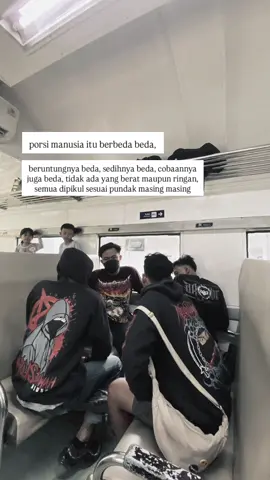ÖZELعازف اليل
Region: IQ
Saturday 18 January 2025 08:21:53 GMT
2081
20
0
1
Music
Download
Comments
There are no more comments for this video.
To see more videos from user @_u4k_, please go to the Tikwm
homepage.





